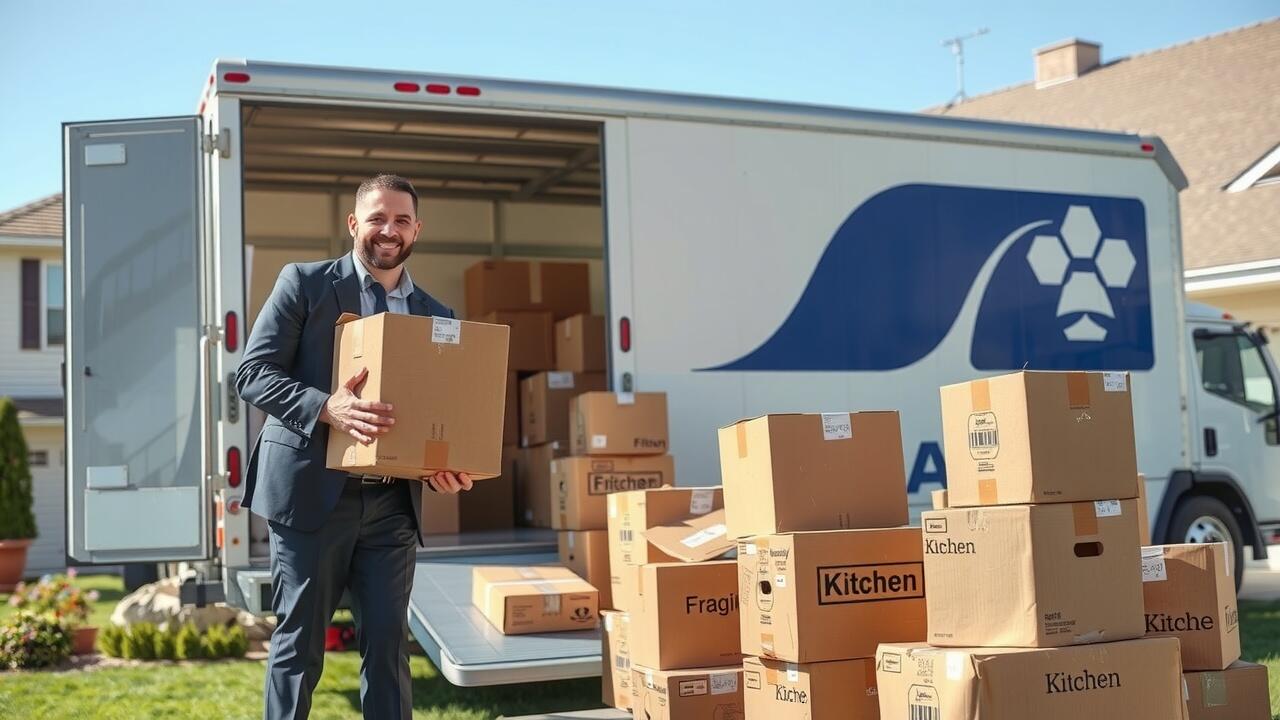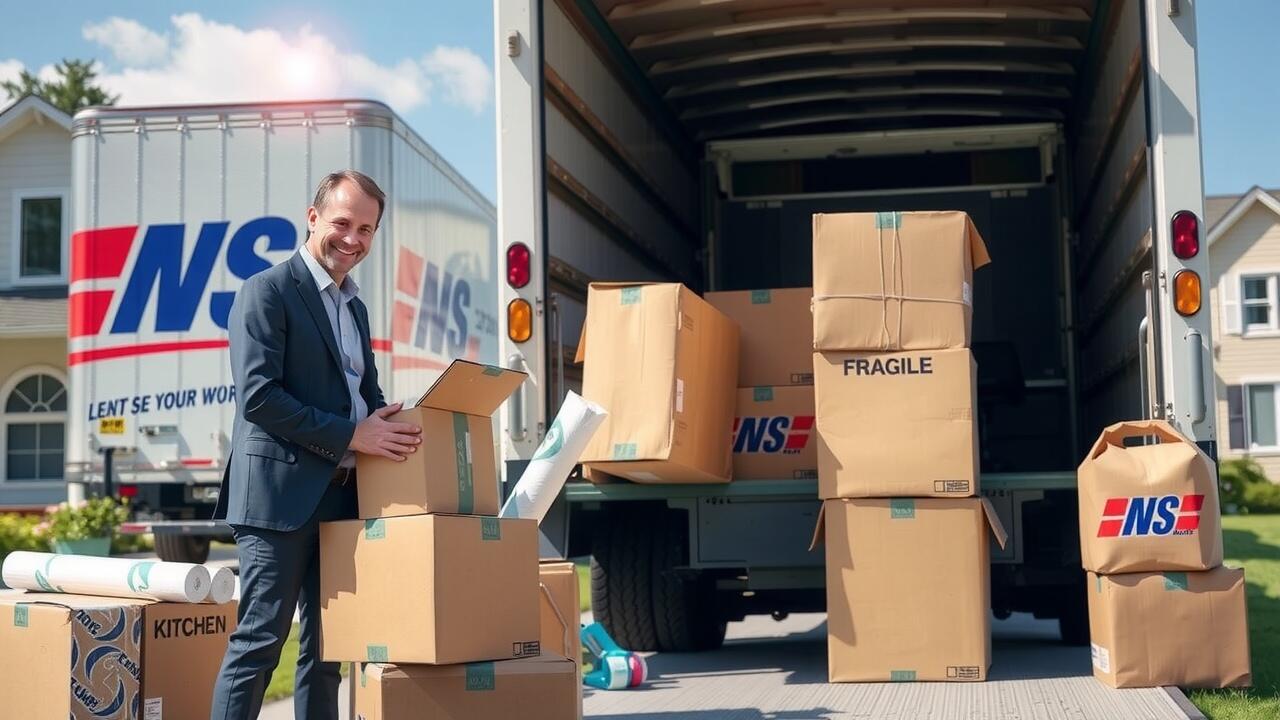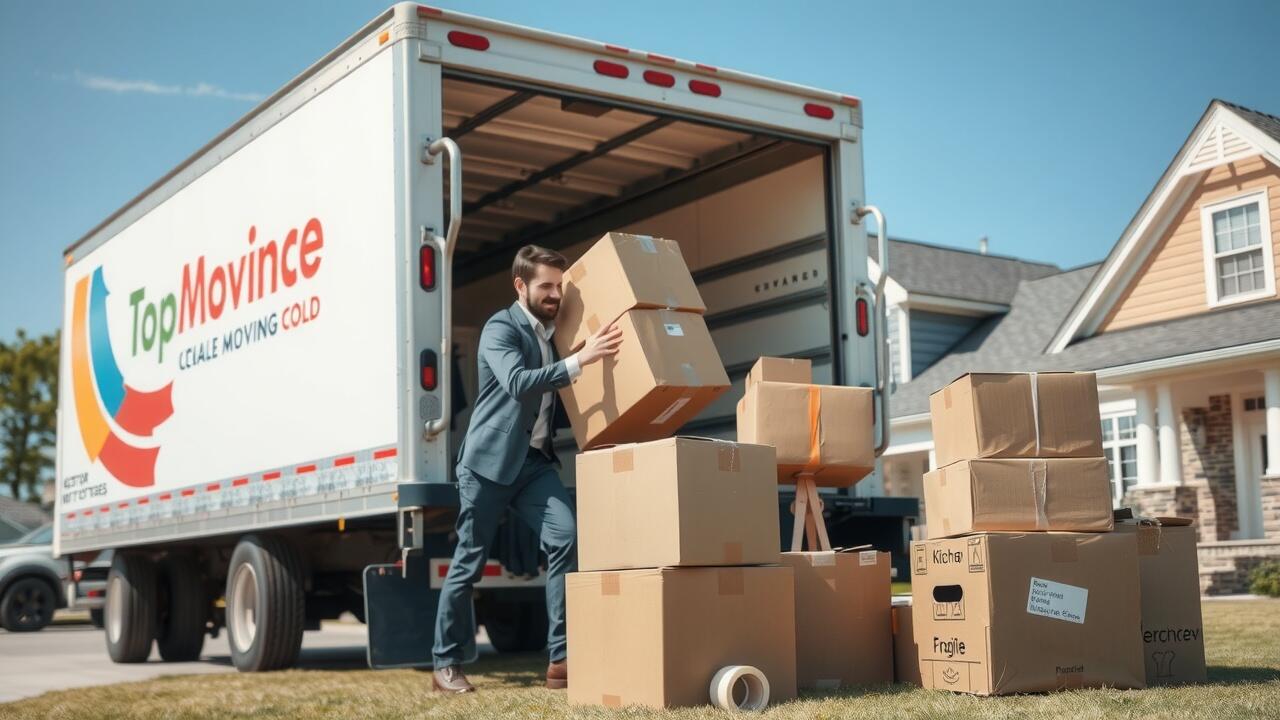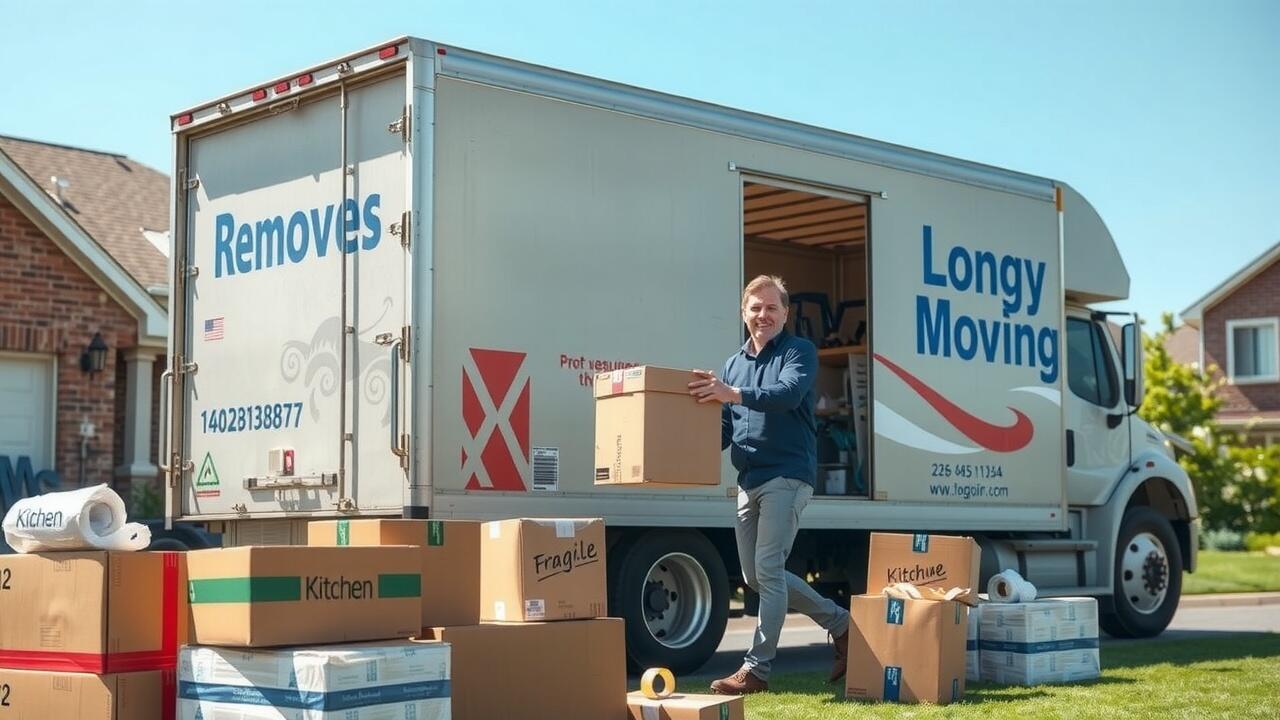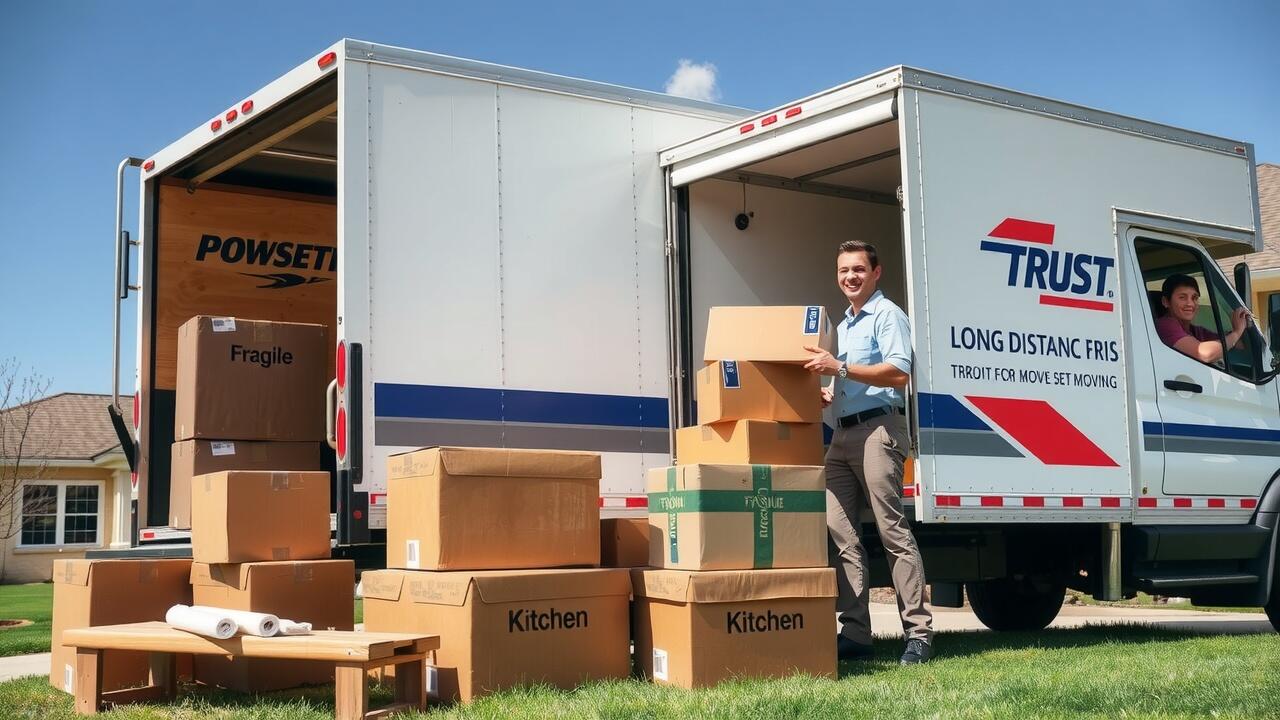Why Choose Our Long Distance Moving

At Moving Out of State GMovers, we understand the common challenges faced during long-distance moves that can turn an exciting journey into a stressful experience. From unpredictable weather conditions and potential logistical hiccups to managing hefty expenses like fuel, packing materials, and unanticipated fees, the journey can be both mentally taxing and financially overwhelming. Customers often worry about the integrity of their valued possessions, whether it be furniture, antiques, or even musical instruments like pianos. Concerns over transparency in payment structures, the experience and reputation of the moving company, or the quality of customer service can add to the anxiety that comes with relocating. Whether you are calling for a quote, negotiating terms of service, or figuring out the best way to pack your belongings, it can be daunting to coordinate everything, especially when weighing options like self-storage or relying on movers with varying levels of expertise.
To tackle these challenges head-on, we at Moving Out of State GMovers take a proactive approach rooted in exceptional customer service and industry expertise. Our 24/7 customer service ensures that you have assistance whenever you need it, from navigating logistics to providing you with an accurate calculator to help establish your moving budget. We prioritize transparency by offering flat-rate pricing that clearly outlines all potential charges—this means you can plan your budget without surprise expenses later on. Our expert team conducts thorough background checks and training, ensuring that our movers are not only skilled but also trustworthy. We use GPS tracking to keep you informed on the status of your shipment, providing an extra layer of confidence throughout the moving process. Additionally, we provide detailed checklists to help you organize each step and ensure nothing gets left behind, while also offering valuable packing materials and guidance on how to safely transport household goods like jewelry and flammable items. With Moving Out of State GMovers, you can rest assured that your long-distance move will be managed efficiently and professionally, leaving you with peace of mind and satisfaction.
Our Long Distance Moving Solutions
At Moving Out of State GMovers, we are your premier moving company, offering reliable long distance moving services tailored to your needs. With our professional movers at your side, you can trust our expertise in transporting your household goods safely across state lines, all while ensuring top-notch customer satisfaction and transparency throughout the entire process. Our handy moving cost calculator allows you to efficiently estimate your budget by factoring in weight, distance, and additional expenses, so you can plan your move without worry. Whether you need a storage unit for your furniture during the move or a long-term solution for valuables like pianos and antiques, we have flexible self-storage options to suit every situation. Plus, with 24/7 customer service and a commitment to excellence, we make moving a breeze, so you can focus on the excitement of your new adventure. Let us streamline your logistics and help you save money too—experience the confidence and peace of mind that comes with choosing GMovers for your next cross country move!
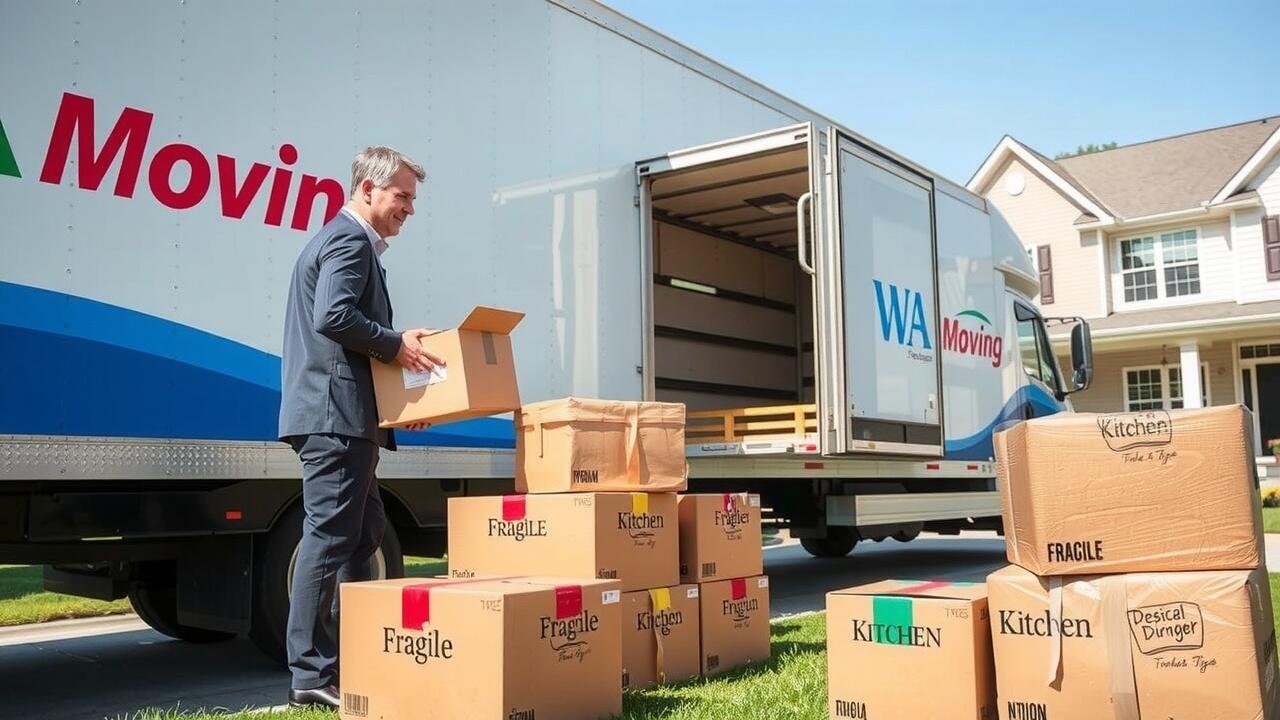
Benefits of Choosing Moving Out of State GMovers For Long Distance Moving
When you choose Moving Out of State GMovers for your long-distance moving needs, you're selecting a top-tier moving company known for its expertise and exceptional service. Our skilled movers use the latest trucks and tools to transport everything from household goods to delicate items like pianos and antiques, ensuring a worry-free experience. We pride ourselves on transparency, offering upfront pricing with no hidden fees. Our flat-rate options and comprehensive budget calculator let you plan your expenses with confidence. Plus, our dedicated 24/7 customer service representatives are always ready to assist you, whether you need help with packing materials, logistics, or your moving checklist. With us, you get peace of mind, a commitment to quality, and a reputation built on customer satisfaction. Trust Moving Out of State GMovers for a seamless relocation that prioritizes your needs every step of the way!
Reliable and Efficient Moving Services
At Moving Out of State GMovers, we pride ourselves on providing top-notch long-distance moving solutions. Our expert movers are equipped with the latest tools and trucks to handle everything from household goods to delicate items like pianos and antiques, ensuring a seamless relocation experience.
Transparent Pricing
We believe in clear and upfront pricing with no hidden fees. Our flat-rate options and detailed budget calculator allow you to plan your move with confidence, knowing exactly what to expect in terms of expenses, making your moving process hassle-free and affordable.
Exceptional Customer Support
Our dedicated 24/7 customer service team is always available to assist you. Whether you have questions about our logistics, need guidance on packing materials, or require support with your moving checklist, our friendly representatives are just a phone call away, prioritizing your satisfaction throughout the entire moving journey.
How Long Distance Moving Works
At Moving Out of State GMovers, completing your long-distance moving service is seamless and stress-free with our well-structured steps. First, utilize our moving calculator to accurately estimate your costs based on your household goods, weight, and origin zip code, ensuring transparency and ballpark figures for your budget. Once you have your quote, our expert movers assist you in creating a personalized checklist that covers every aspect of your move, from packing materials for fragile items to logistics for loading and unloading, so nothing valuable—whether it's your furniture, pianos, or jewelry—is overlooked. Confirm your booking with our dedicated customer service representatives not only to understand your payment options and moving van specifications but also to answer any questions, ensuring you have confidence every step of the way. Our 24/7 customer care means you're never alone in the process, and our reputation for reliability will give you peace of mind as we navigate the road to your new home. By following these crucial steps, processes, and procedures, we deliver superior service that ensures every detail of your long-distance move is handled with care. Don’t leave your move to chance; trust Moving Out of State GMovers for an exceptional experience!

